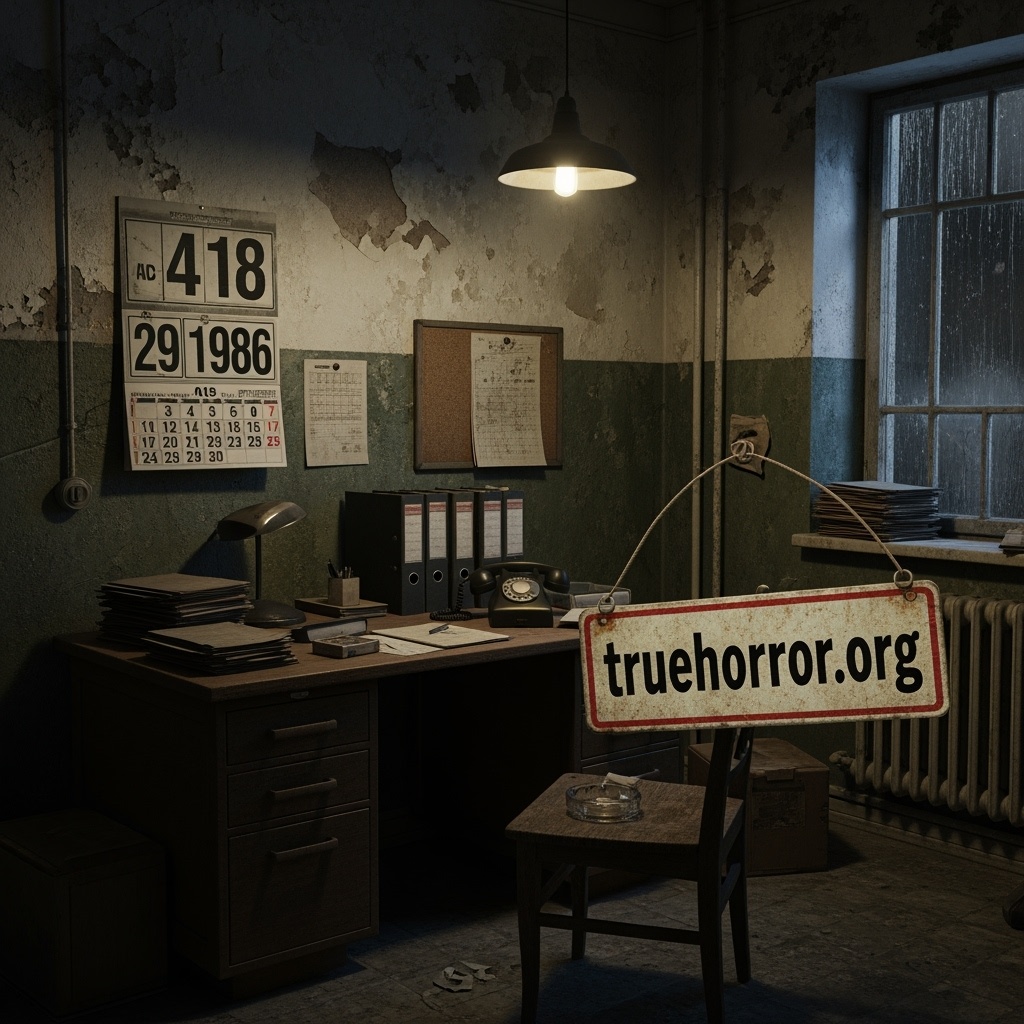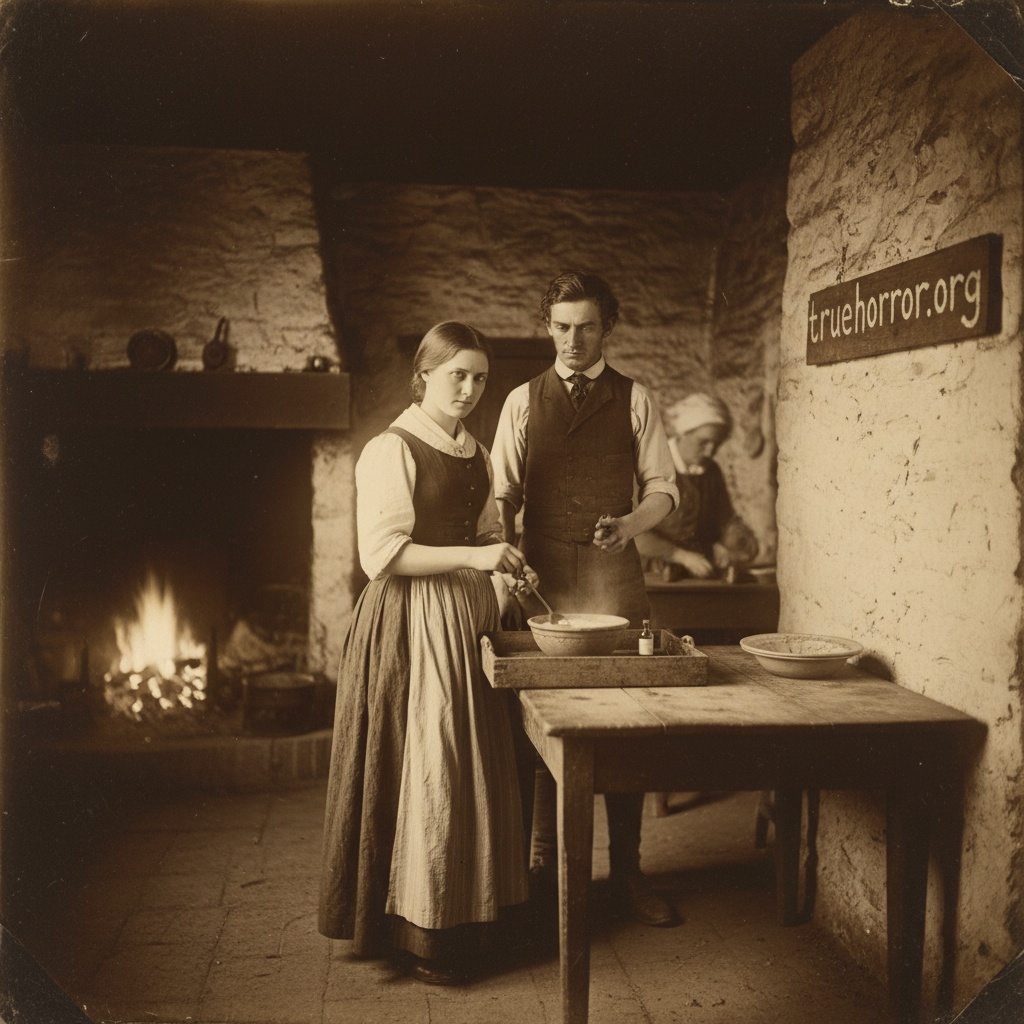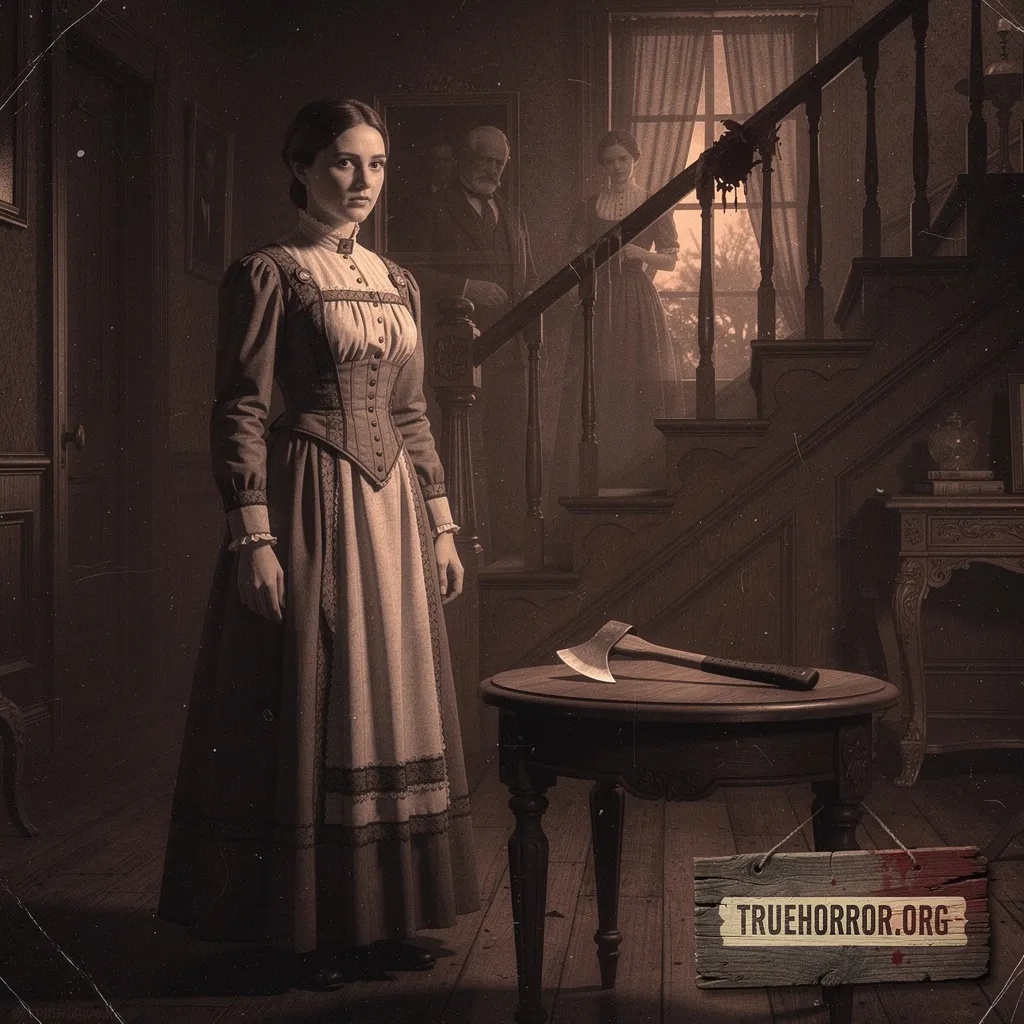On July 29, 1986, a truly horrific scene unfolded in room 418 of the police headquarters at Berliner Tor in Hamburg, one that would cement Werner Pinzner, known as a contract killer, in Germany’s criminal history. Werner Pinzner, also known as Mucki, was born on April 27, 1947, in Hamburg-Bramfeld, the son of a radio mechanic and a saleswoman. Without a degree, he dropped out of school and made a living doing various jobs. He married and became the father of a daughter. But the marriage broke down. He later remarried. His criminal career began in August 1995 when he and two accomplices robbed a supermarket and shot the store manager. For this, the then 28-year-old Werner Pinzner was sent to Fuhlsbüttel prison for ten years, where he began using heroin and cocaine. In prison, he became acquainted with local big shots from St. Pauli, who had always fascinated him with their luxurious lifestyle. Werner Pinzner, a failed existence, saw his chance to become a big shot in Hamburg’s red-light district himself. He wanted to get involved in the billion-dollar market for drugs, sex, and arms trafficking. But to do so, he had to prove himself. Due to good behavior, he was transferred to the Vierlande correctional facility one year before his release. There, each inmate was allowed a locker, which was not monitored. Acquaintances deposited an Arminus 38-caliber special revolver in this locker for Werner Pinzner. This high-quality revolver, “Made in Germany,” became Pinzner’s murder weapon and, at the same time, his ticket to Hamburg’s red-light district. His return to a life of crime began in June 1984 with a robbery he committed together with two accomplices. He then embarked on a meteoric career as a contract killer in St. Pauli’s red-light district, which earned him the nickname “St. Pauli Killer.” His first contract killing was the murder of a former brothel owner named Jehuda Arzi. The clients were his wife and daughter. He received 30,000 marks for the job. He was released from prison in July 1984. From the late 1970s to the mid-1980s, there was a war in Hamburg’s red-light district between the Nutella gang, the long-established GMBH, and the Chicago gang. Pinzner took advantage of this and allowed himself to be recruited as a contract killer for the Chicago gang. Peter Nusser, better known as the neighborhood big shot “Wiener-Peter,” was primarily active in this gang. On behalf of Peter Nusser, he murdered brothel owner Peter Pfeilmaier, also known as “Bayern-Peter,” with a shot to the head in September 1984, brothel operator Dietmar Traub, better known as “Lackschuh-Dieter,” in November 1984, and brothel owner Waldemar Dammer and his manager Ralf Kühne on Easter Monday 1985. Since Pfinzner did his job as a killer without much noise or bloodshed, he was allowed to sunbathe on Nusser’s yacht in Ibiza from time to time, but that was all. On the Reeperbahn, he remained merely the henchman of the powerful local bigwigs. In the meantime, the police had set up Special Commission 855 in May 1985 and received a hot tip from an insider that led to Werner Pfinzner. On April 10, 1986, he was taken from his apartment at Steilshopper Str. 77 by a heavily armed task force and arrested. He confessed to eight murders and cooperated with both the police and the public prosecutor’s office. His confession led to “Wiener Peter” being sentenced to 15 years in prison and deported to Austria. To prevent Werner Pfinzner from revealing more about Hamburg’s red-light district, a bounty of 300,000 marks was reportedly offered for his murder. The police suspected that an attack might be carried out on him during his hearing on July 29, 1986. For this reason, the interview, in which he intended to tell 40-year-old investigating prosecutor Wolfgang Bistry everything, took place in the security wing of the police headquarters on the fourth floor in room 418. In addition to the prosecutor, Werner Pfinzner, his wife Jutta Pfinzner, his lawyer Isolde Oechsle-Misfeld, his secretary Gitta Berger, and two police officers were present. After the prosecutor opened the conversation and asked Pfinzner for a statement, Pfinzner unexpectedly pulled out a revolver and said, “Well, gentlemen, this is a hostage situation.” At that moment, the prosecutor jumped up, and Pfinzner shot him in the chest and head, causing him to sink to the floor of the interrogation room. The police officers fled the room, and Pfinzner fired at them but did not hit them. The police officers raised the alarm. Ambulances raced to the police headquarters and a helicopter was ordered. Meanwhile, Pfinzner had barricaded the door to the room with a table. He called his daughter and said goodbye to her with the words: “Birgit, I love you.” Then he went to the middle of the room with his wife Jutta. They knelt down. Pfinzner then put the barrel of the revolver in Jutta’s mouth and pulled the trigger. He then shot himself in the head in the same way. When the special task force stormed the room a short time later, they found Werner Pfinzner and his wife dead. Both the secretary and the lawyer were unharmed. The seriously injured prosecutor Bistry was taken to Eppendorf University Hospital. He succumbed to his injuries the next day. This incident shocked the whole of Hamburg and raised the question of how Pfinzner had managed to get a revolver into the police headquarters in the first place. The question was quickly answered when it emerged that his lawyer, Isolde Oechsle-Misfeld, had smuggled the weapon into the building and handed it to Jutta Pfinzner without anyone noticing. She hid the revolver in her panties and secretly passed it to her husband. What happened next made German criminal history and highlighted the security deficiencies in Hamburg’s authorities and prisons. This led to the resignation of Justice Senator Eva Leithäuser and Interior Senator Rolf Lange. Isolde Öchsle-Misfeld was sentenced to five years and nine months in prison on July 30, 1988, for aiding and abetting. A diary found by investigators in Pfinzner’s cell revealed that Isolde Oechsle-Misfeld had also regularly smuggled drugs into prison for Werner Pfinzner. Werner Pfinzner is believed to have committed a total of 14 murders, including his own. His actions on July 29 earned the small-time hitman Werner Pfinzner a place in German criminal history as the Killer of St. Pauli, which remains one of the most spectacular criminal cases of the German post-war period.
The St. Pauli Killer

BehindBarsBreakingSilenceColdCasesCourtCasesCrimeAlertCrimeAndPunishmentCrimeAwarenessCrimeDocumentariesCrimeHistoryCrimeInvestigationCrimeReportCrimeStoriesCriminalHistoryCriminalJusticeCurrentCasesCurrentCrimesDarkHistoryForensicFilesFromPastToPresentHistoricalCrimesJusticeForVictimsJusticeMattersJusticeServedMurderMysteryNotForgottenPreventCrimeSexualOffensesSurvivorStoriesTrueCrimeTrueCrimeAddictTrueCrimeCommunityTrueCrimeObsessedTrueCrimePodcastUnsolvedMysteriesVictimAdvocacyVictimsVoices







Leave a Reply